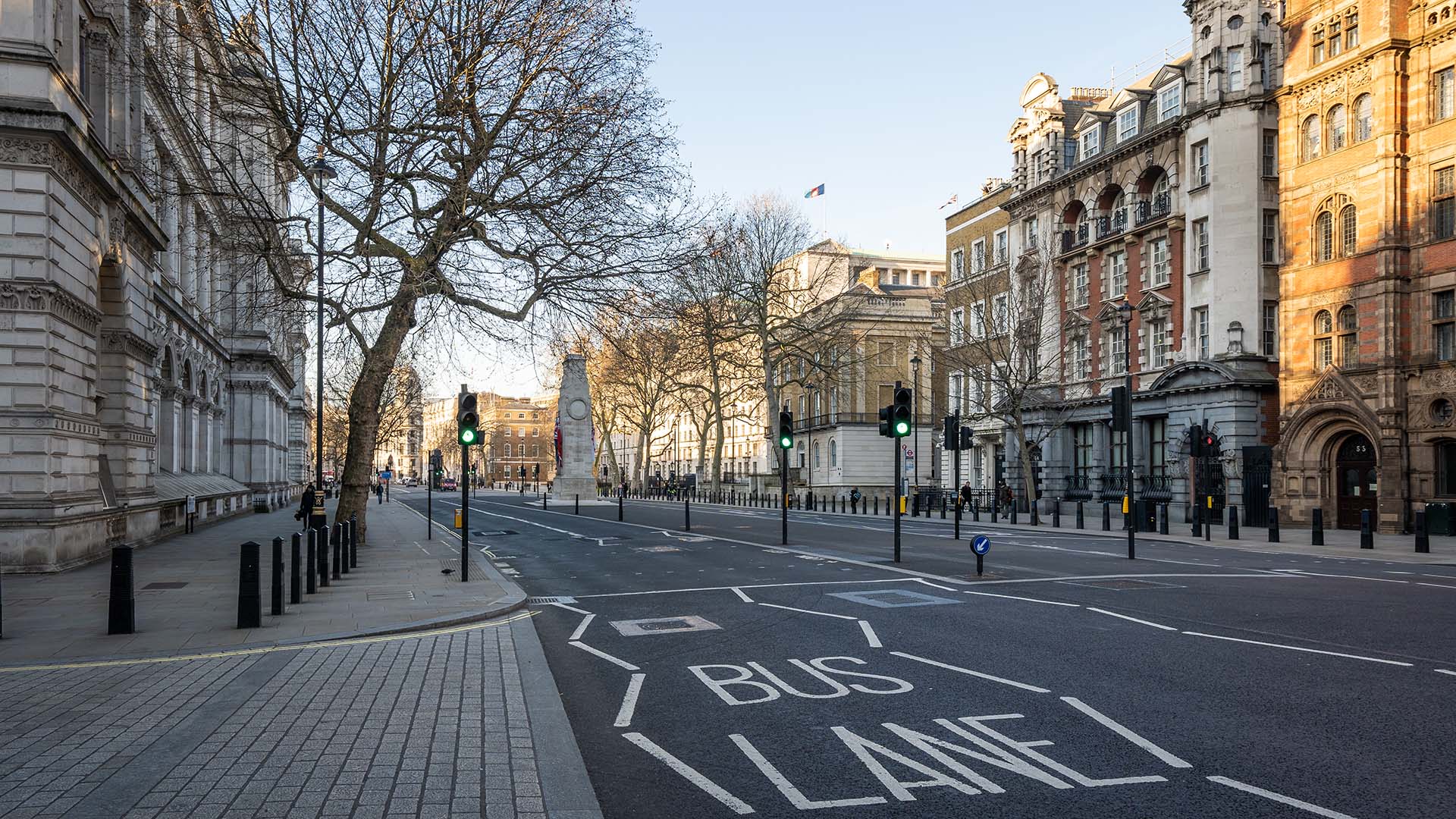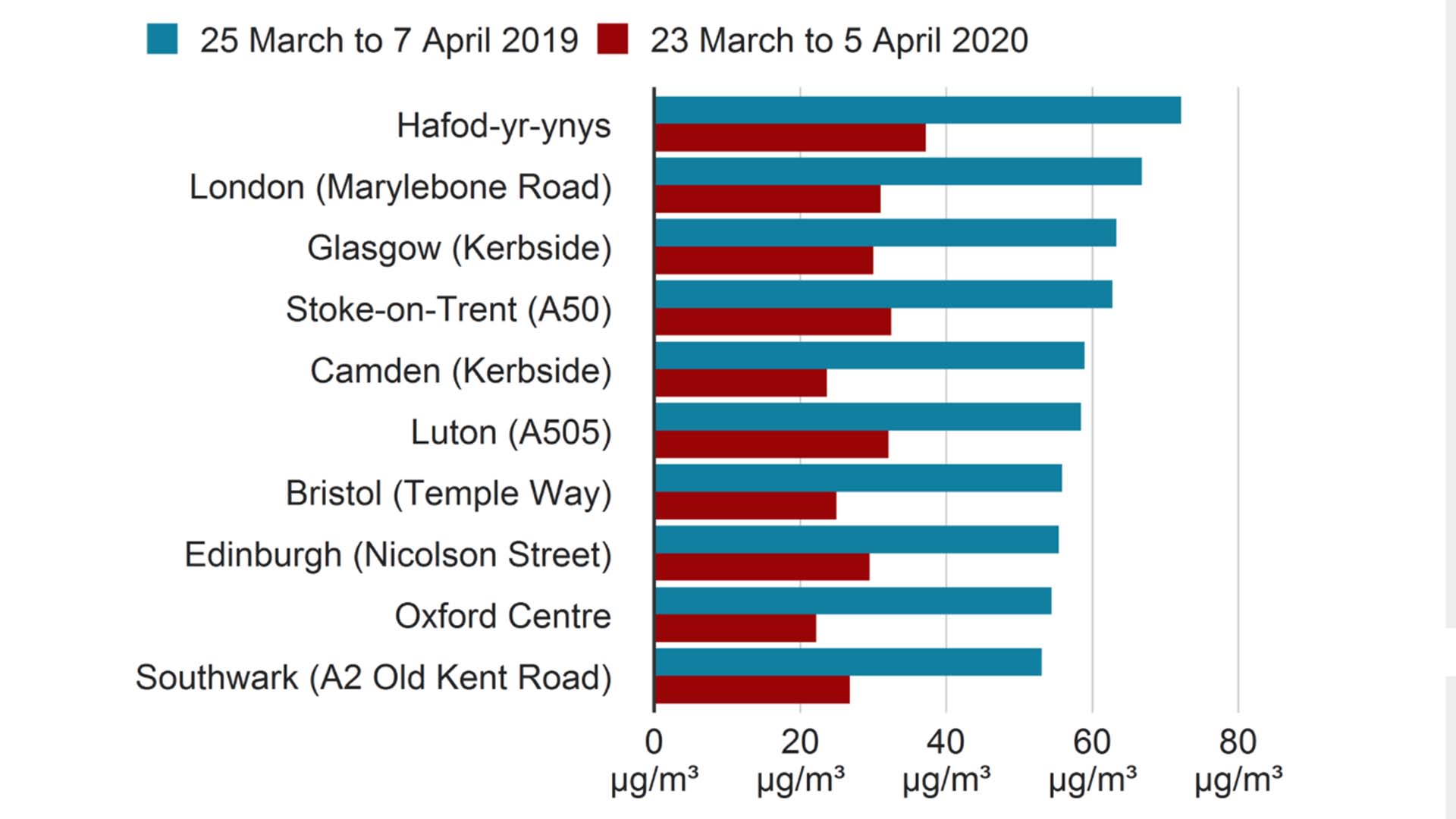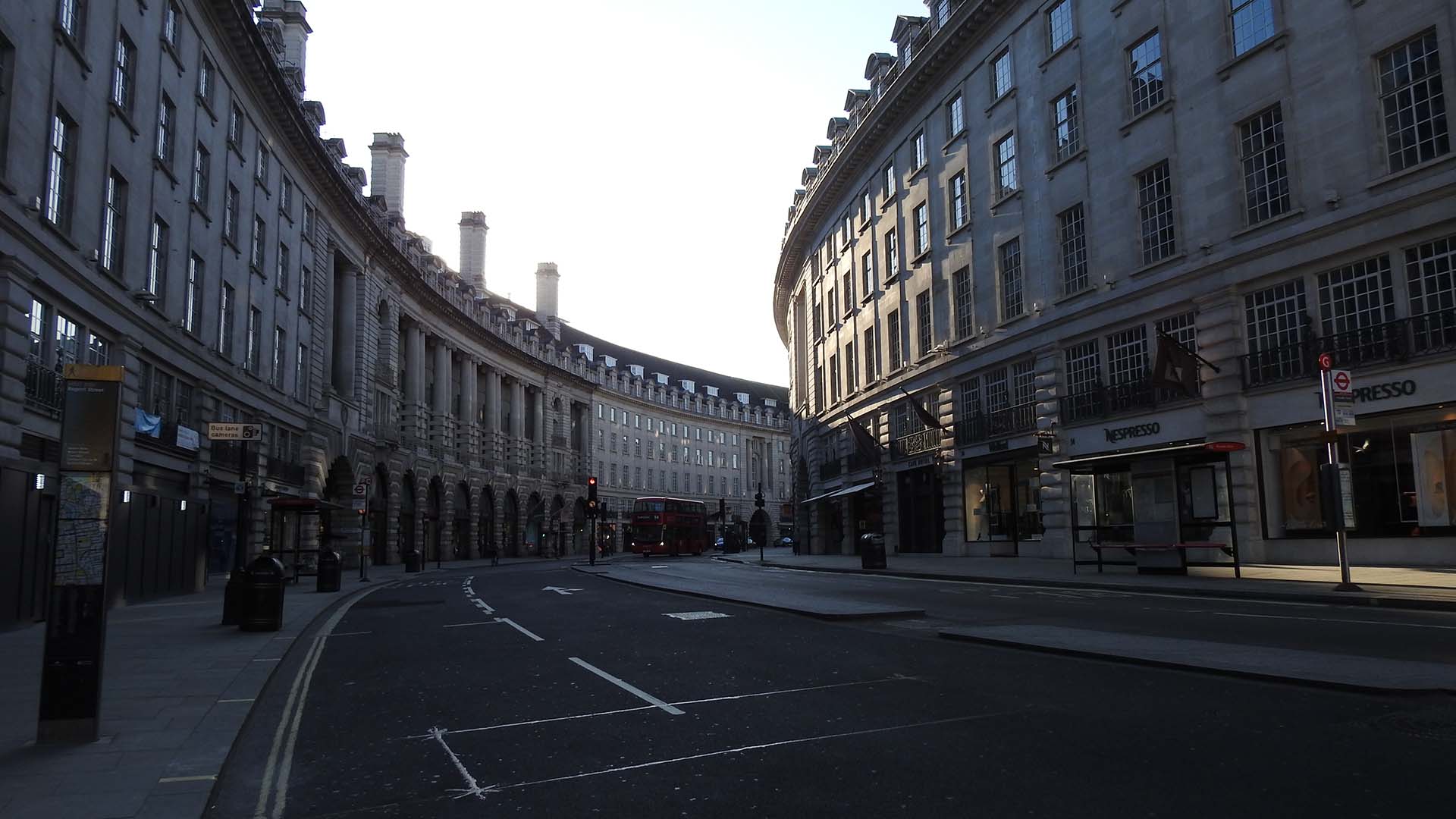
Air pollution has dropped dramatically since the UK went into lockdown. Some cities have seen a 60 percent fall in nitrogen dioxide (NO2), according to the BBC.
This follows yesterday’s news that the levels of NO2 have almost halved in Southampton, with the cleaner air attributed to the reduction in traffic and flights, plus the suspension of cruises. The city is the cruise capital of Europe.
The UK has been in lockdown for two weeks in an attempt to halt the spread of coronavirus. As of yesterday, 55,242 people have tested positive for COVID-19, with 6,159 confirmed deaths.
The government has urged people to avoid travelling unless it is essential. Indeed, people are advised to only go outside for food, health reasons or work (but only if you cannot work from home).
This has led to reduced traffic, especially in towns and cities. The BBC has analysed air pollution since 23 March, compared to the same period in 2019. Most of the air quality monitoring stations have recorded a 50 percent fall in NO2 emissions.

‘Much lower levels of NO2’
William Bloss, a professor of atmospheric science at the University of Birmingham, told the BBC: “What we’re seeing in the lockdown… is the reductions in road traffic in our cities translating into much lower levels of NO2.
“We’re seeing the reductions are greatest in areas most heavily-influenced by road traffic, so city centres, roads in London, Birmingham and other urban centres.”
Environmental campaigners are using the plummeting levels of air pollution to call for permanent change. Jenny Bates of Friends of the Earth, said: “Seeing this drop in air pollution shows that less traffic can quickly lead to cleaner air.
“Once this dreadful situation is over, we don’t want to rush to go back to where we were or worse, and we can’t have an accelerated return to business as usual. We can have a better, cleaner future for ourselves and the planet.”

‘Best possible air quality’
In a separate development, the Air Quality Expert Group, working on behalf of Defra, is searching for links between air pollution and the coronavirus. Questions asked include how might public exposure to air pollution have changed as a result of the lockdown, and how might altered emissions affect summer air quality.
John Newington, head of evidence, air quality and industrial emissions, Defra said: “Defra would ask the research community to support the UK government in its efforts to manage air pollution risk and impacts during the COVID-19 pandemic.
“Evidence and insight into possible changes to the factors that control air pollution will help us to refine and improve how we deliver the best possible air quality for the UK.”